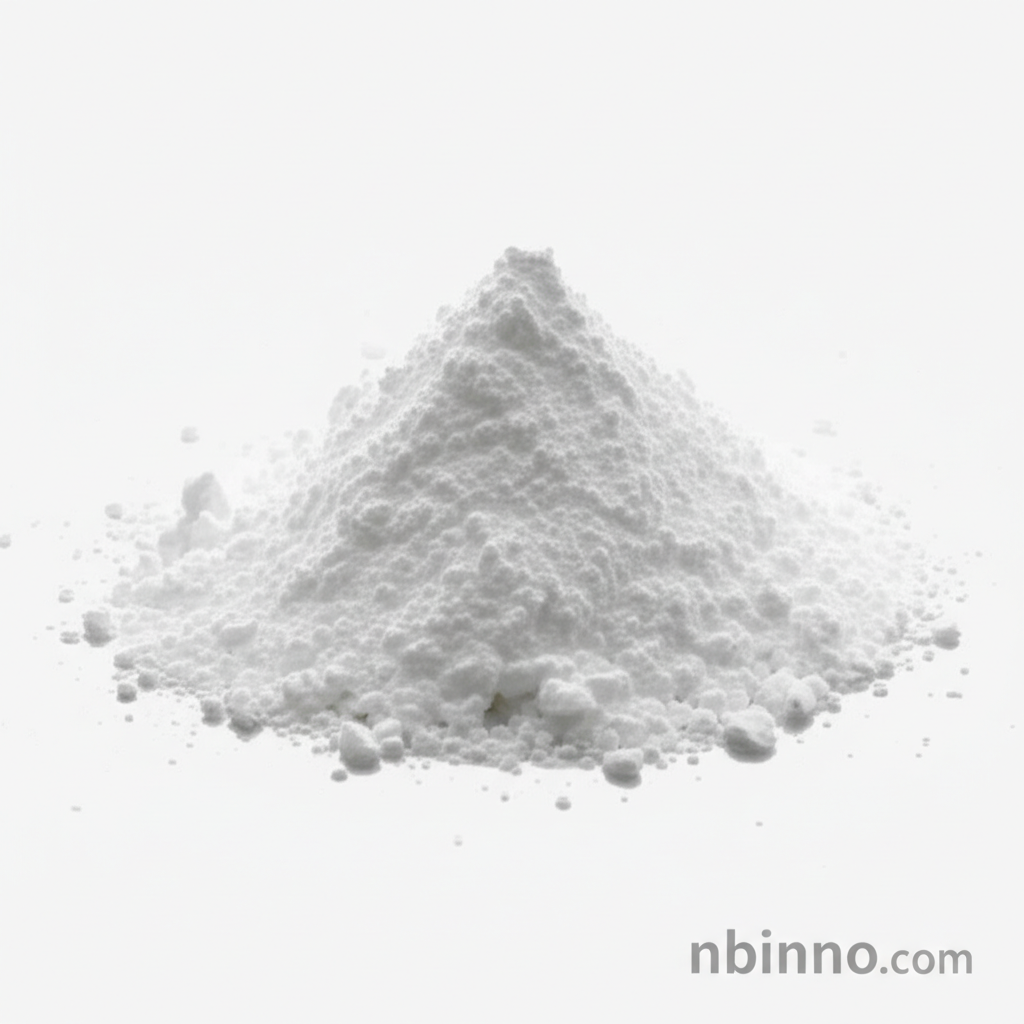Fmoc-O-tert-butyl-L-glutamic acid: A Key Building Block for Advanced Peptide Synthesis
Unlock the potential of peptide synthesis with this essential protected amino acid derivative.
Get a Quote & SampleProduct Core Value

Fmoc-O-tert-butyl-L-glutamic acid
Fmoc-O-tert-butyl-L-glutamic acid is a vital protected amino acid derivative crucial for modern solid-phase peptide synthesis (SPPS). Its carefully designed structure allows for precise incorporation into peptide chains, making it indispensable for researchers in medicinal chemistry and biochemistry.
- Understanding the benefits of O-tert-butyl protection in peptide synthesis is key to achieving high purity and yield in your synthetic peptides.
- The Fmoc-protected glutamic acid derivative provides excellent protection for the glutamic acid side chain during SPPS, minimizing unwanted side reactions.
- High purity Fmoc-Glu(OtBu)-OH for research applications ensures reliable and reproducible results in complex peptide synthesis projects.
- This essential building block is a cornerstone for creating advanced peptide-based therapeutics and exploring novel drug discovery pathways.
Product Advantages
Enhanced Peptide Purity
Leverage the specificity of Fmoc-Glu(OtBu)-OH to achieve higher purity in your synthesized peptides, minimizing the need for extensive purification steps.
Streamlined Synthesis
The O-tert-butyl protection strategy significantly simplifies the Fmoc-Glu(OtBu)-OH peptide applications, making complex peptide synthesis more efficient.
Versatile Applications
Utilize this high-quality Fmoc-protected glutamic acid derivative in a wide array of research, from developing novel drug candidates to investigating biological mechanisms.
Key Applications
Peptide Synthesis
As a standard Fmoc-protected derivative of glutamic acid, it's essential for solid-phase peptide synthesis (SPPS), enabling the controlled addition of amino acids.
Drug Development
Crucial for designing peptide-based therapeutics, it aids in creating compounds with precise biological activity and targeting capabilities.
Bioconjugation
Facilitates the conjugation of biomolecules, vital for developing advanced drug delivery systems and biosensors.
Neuroscience Research
Explores the role of glutamic acid in neural signaling and brain function, contributing to the understanding of neurological disorders.
